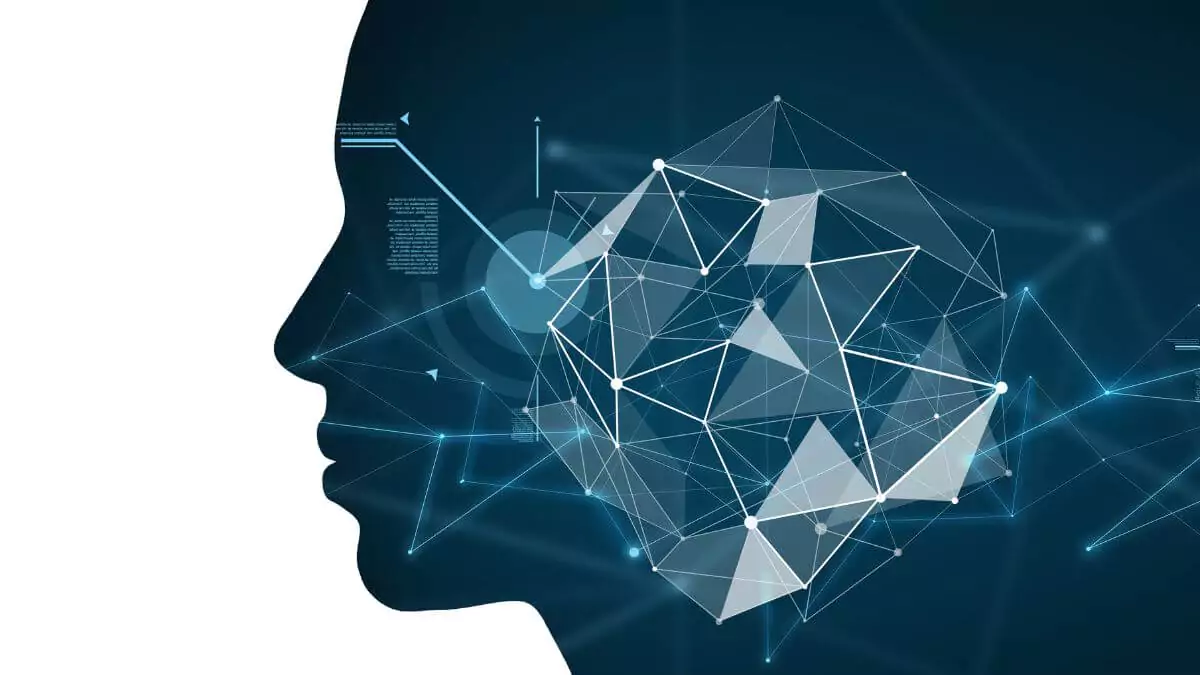April 3, 2025 – OpenAI’s GPT-4.5 has made history by passing the Turing Test, a long-standing benchmark for AI intelligence. A new study from UC San Diego’s Language and Cognition Lab, published on April 2, 2025, revealed that GPT-4.5 was mistaken for a human 73% of the time when adopting a persona, outperforming even human participants and raising new questions about AI’s role in human interaction.
The Turing Test, first proposed by Alan Turing in 1950, assesses whether a machine can engage in conversations indistinguishable from a human’s. In the study, nearly 300 participants held side-by-side conversations—one with a human and one with an AI—and were tasked with identifying which was which. GPT-4.5, when prompted to act as a pop-culture-savvy young adult, achieved a 73% win rate, compared to humans at 67%, as detailed in a report on the study. Without a persona, its win rate dropped to 36%, while OpenAI’s GPT-4o scored only 21%, as noted in a summary of the findings.
Meta’s LLaMA 3.1-405B also performed well, with a 56% win rate when given a persona, as reported in a breakdown of the results. Participants often engaged in small talk, asking about daily activities, emotions, and opinions in 61% of interactions, as highlighted in a psychological perspective on the test. “GPT-4.5’s ability to mimic human behavior is a testament to how far AI has come,” a UC San Diego researcher told Futurism, as quoted in a discussion on AI advancements.
In the U.S., where AI is increasingly embedded in tech ecosystems—used by 37% of adults for tasks like writing and research, per a 2024 Pew Research survey—the findings are particularly significant. In tech hubs like Silicon Valley, the study has sparked discussions about how AI could transform industries like customer service, education, and even smart tech applications. However, the results also raise ethical concerns, as AI’s ability to deceive could lead to misuse in areas like misinformation or emotional manipulation, as noted in a report on AI ethics.
The study underscores the rapid evolution of AI, with GPT-4.5 setting a new standard for conversational models. Yet, researchers caution that passing the Turing Test doesn’t mean AI truly understands human emotions or reasoning—it simply excels at imitation. As AI continues to advance, the need for regulation and public awareness grows, especially in the context of AI-driven innovations. The findings mark a milestone in AI research, but they also highlight the challenges of integrating such technology into society.
GPT-4.5’s success in the Turing Test is a glimpse into the future of human-machine interaction. As the tech industry grapples with these advancements, the balance between innovation and responsibility remains a critical focus. For more on AI and tech trends, explore our coverage of decentralized technologies and stay updated with Technocodex.







